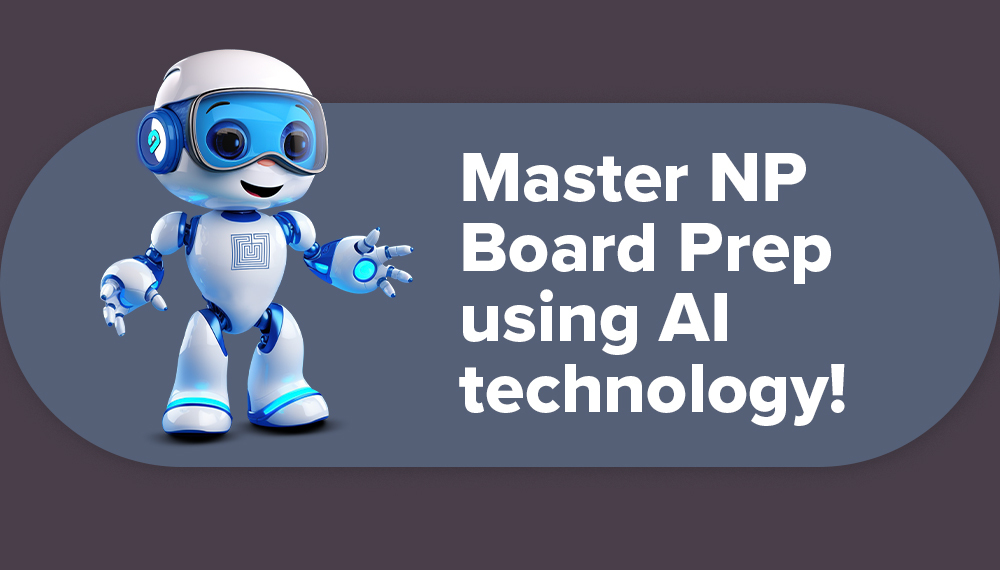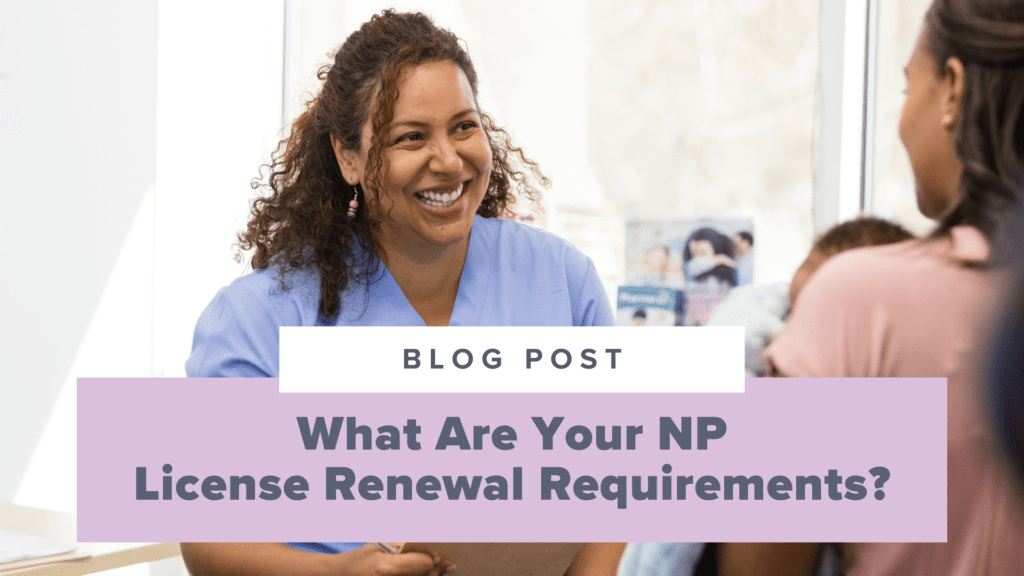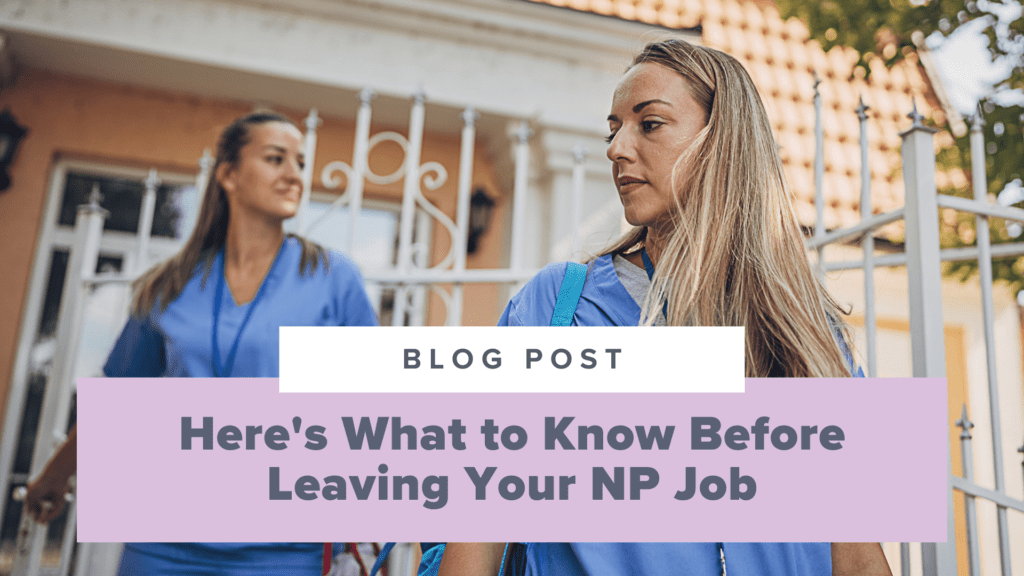How to Study for Nurse Practitioner Boards
- by
- Jul 31, 2023
- Articles

Congratulations on reaching the finish line of your nurse practitioner program! You’ve gained so much wealth of knowledge and clinical expertise to get to this point. Still, you probably have the weight of taking your board exam on your shoulders.
But here’s the good news: you already have the tools you need to pass and embark on your new career! It’s natural to feel overwhelmed by the amount of material you have to cover, but with the right mindset and study plan, you can conquer this exam and become a certified nurse practitioner at last.
You’re not alone on this journey. Follow this step-by-step guide to prepare yourself for the big day!
How to Study for Nurse Practitioner Boards
Step 1: Know Your Exam
The first step to prepare for exam day is to know exactly what will be on the exam. There are several different types of nurse practitioner boards, depending on your specialty area. These include family nurse practitioner (FNP), adult-gerontology primary care nurse practitioner (AGPCNP), pediatric nurse practitioner (PNP), and others.
Board exams are offered by the American Association of Nurse Practitioners (AANP) and the American Nurses Credentialing Center (ANCC). Both AANP and ANCC will equally certify you as a nurse practitioner if you pass, so don’t stress over which organization to take your test through (but, if you need help deciding, check out this post about the difference between them!).
Both organizations provide content outlines to give you an idea of topics and concepts that will be covered on the exam, so make sure you get yours if your specialty has the option between the two exams. Unsure which exam to take? Be sure to check out our blog post about ANCC vs AANP!
Step 2: Create a Study Plan
Now that you have an idea of what the exam will entail, it’s time to create a productive and effective study plan. Give yourself plenty of time to prepare—we recommend ideally 2-3 months before your exam day to make sure your knowledge is still fresh. On the other hand, some students find that 2-3 months is too much time, so tailor your study plan to your own needs.
Make a study schedule to help you determine how much time you can dedicate to each topic. You may need extra time for certain topics—I know I needed extra hours of study for hepatitis B serologic test interpretation!
It’s also important to give yourself plenty of study breaks to avoid burnout. Give yourself at least 10 minutes away from your study material for every hour you’re studying. During the week, take at least a day or two completely away from your books to rest so that when it is time to buckle down and study again, you will be more clear-headed.
Step 3: Choose Your Resources
Many nurse practitioner students tend to overwhelm themselves with numerous study sources, but here’s the thing: using too many resources can actually make your study time inefficient.
I know you’ve probably received tons of advice and gathered plenty of resources, like review books, online courses, and practice exams. That’s great! But let’s focus on two important things: how the content is delivered and the level of support each resource provides. By considering these factors, you can choose a maximum of 2-3 sources that truly suit your needs and give them your full attention.
Looking for a place to connect with other FNP/AGPCNP students studying for their boards and see what’s working for your peers? Join our AANP/ANCC Study Group on Facebook!
Step 4: Practice, Practice, Practice!
Practice questions are one of the best ways to study for your boards. They will help you identify your weak areas and will also help you get more comfortable with the format of the exam. Make sure to read the explanations—even for the questions that you get correct! This will help you better understand the material and strengthen your knowledge base.
Step 5: Rely on Your Support System
If you haven’t already, form a study group with your classmates, or reach out to a colleague or professor for additional guidance. It’s all too easy to self-isolate when you’ve entered “study mode,” but don’t forget that you are surrounded by people who are currently in or have previously been in the exact same position as you!
Additional Resources
By following these study tips, you can feel more confident and prepared when exam day comes. Finally, don’t forget to celebrate your accomplishments and progress along the way. Passing your boards is a huge achievement, so stay positive and motivated. You got this!
Search the Blog
Join our Facebook Group!
Get FREE support and encouragement from thousands of NP students and our NP Support team.
Learn More3 Study Hacks to Conquer Your NP Exam!
Download these tips that have helped thousands of students pass their NP board exams.
Download NowInstitutional Partnerships
Are you a faculty member and would like to bring Sarah Michelle’s resources to your school? Email us at nursinggroups@blueprintprep.com for special institutional pricing or click on the link below to learn more.
Learn MoreGroup Discounts
Are you a student and have 10 or more classmates interested in purchasing Sarah Michelle’s courses? Email us at nursinggroups@blueprintprep.com for special pricing.



